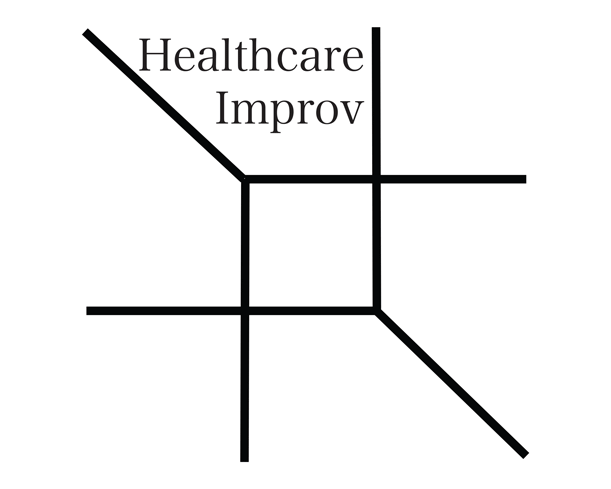The Balancing
Back again! Writing words! Fun! Fun week ahead. On Tuesday, I will be helping the fourth-year medical students practice cross cover issues for when they are the doctor that gets called in the middle of the night in a matter of months. That seems important to do. Then Thursday, we are starting our last 2-part series of Faculty Development workshops. This week is on Emotion, then the second part is two weeks from now and is on Trust. I am very excited that we will have done all 8 of our faculty development workshops this year in person. Last year, many workshops had to be cancelled and others were hybrid with some people attending on zoom and some in person, which was…interesting. There were definitely lessons to be learned from last year, but I look forward to never doing a hybrid improv workshop again.
Today’s topic is Balance. This is somewhat required as two days ago I wrote about how improv has helped me make big choices, then yesterday I wrote about making tiny changes has led to improvement in my life and the development of skills. I suspect if you have a background in improv, it’s not contradictory. If you have a background in only healthcare, I bet you had some of the feelings you get when someone from the business department comes to one of your department meetings and starts talking about synergy but really means you are going to start working more hours. Either way, I will clarify now. The key lies in the words surrounding bold choices. I described making a bold choice “grounded in a shared reality”. That shared reality is made in the tiny choices you make each day. When it is time to make the bold choice, you are able to do it because it is grounded in a shared reality. Coming out on stage and making bold choices without listening to your scene partners or connecting to ideas already explored in the show is a great way tank a scene or even the whole show. Even making bold choices that aren’t clear to the other scene partners can cause more problems for the scene and show. In his book “How To Be The Greatest Improvisor on Earth” Will Hines talks about how you can go to Crazy Town, but you have to take the local. The challenge lies in making the bold choice but never at the expense of connection.
This comes into play often in my job in healthcare. Delivering bad news, coaching lifestyle changes, or asking for help from my colleagues may seem completely unrelated to what happens at Omaha’s Backline Theater but my training in improv has helped me understand those situations more than any other piece of training I have received. When I deliver bad news, the patient and their family are asking me to tell them what is going on. It is my job to give them a clear picture of the factors affecting they’re health. If that whole discussion is rooted in connection with the patient and their family members, it can be a very meaningful and positive experience, despite, by definition, giving bad news. If the goal is just to deliver the bad news, it is not surprising that there will be some suboptimal (to put it extremely mildly) experiences. The same could be said about coaching lifestyle changes. Telling people they are overweight brings me no joy, and I suspect it’s much worse on the other end of that chat. Establishing a partner to improve someone’s health is extremely meaningful and is one of the best ways I can help people at my job. That doesn’t occur without first establishing a connection with my patient. Asking my colleagues to help me facilitate improv workshops is a bold choice and I can tell you from experience, doesn’t work unless there is a connection first. The team of colleagues that help facilitate the workshops at UNMC has been one of the best parts of going on this healthcare and improv journey. The tiny changes are how you create a shared reality that make the bold choices make sense. Finding that balance takes practice because I don’t always get it right. Here is a quote that takes a quote from another book. It can be found in Improv Wisdom by Patricia Ryan Madson; not the first and definitely not the last time I will be mentioning this book.
“Alan Watts has a book called The Wisdom of Insecurity. He knew that life is all about balancing, not about being balanced. In the long run we develop tolerance for instability. As we come to accept this insecurity as the norm, as our home ground, it becomes familiar and less frightening. We can stop trying to flee the wobble. And sometimes this sense of being off balance is exhilarating and reminds us of the impermanence and fragility of life.”

